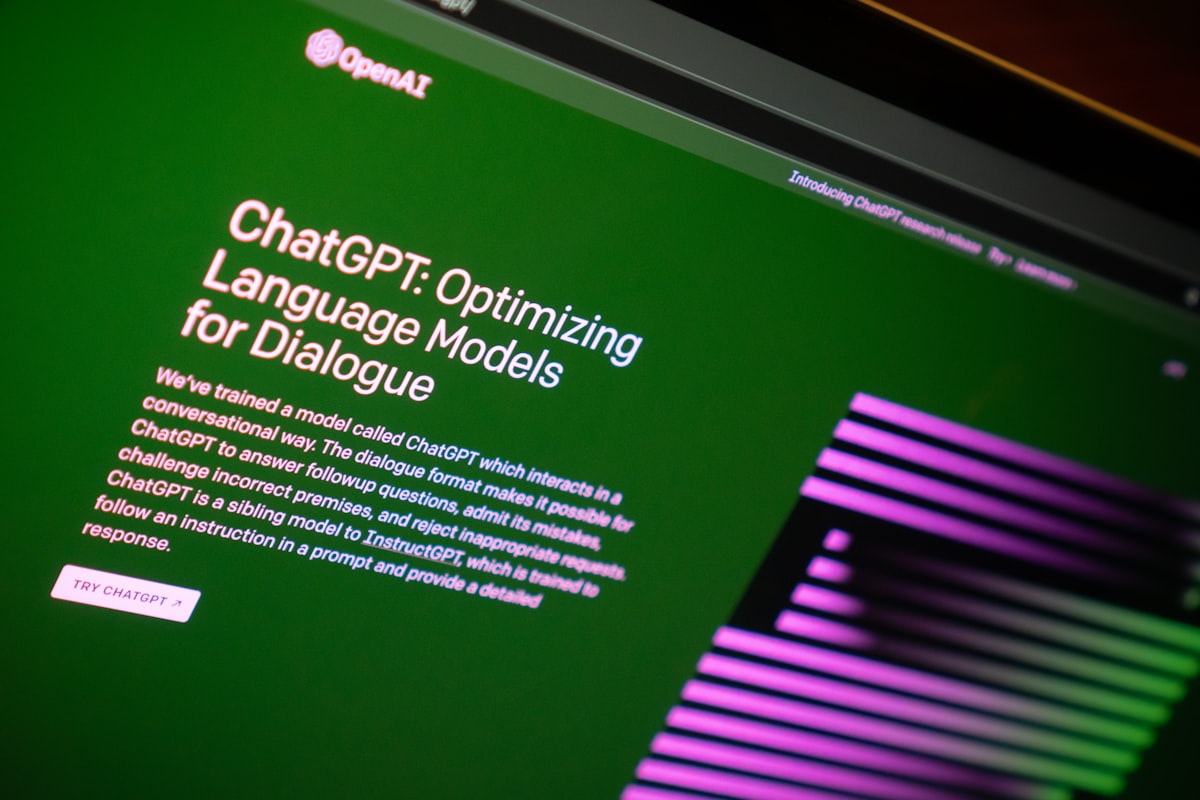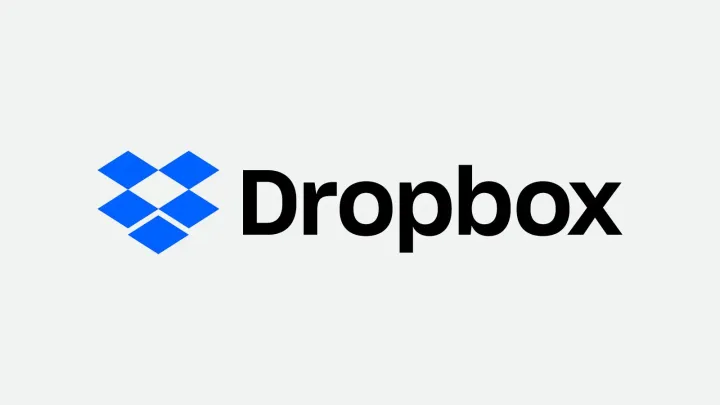How ChatGPT and Other Large Language Models Will Transform the Workplace in the Future

ChatGPT is a powerful system for generating natural language that can create interesting and coherent texts on almost any subject. It is one of the many substantial language models developed recently due to deep learning advancements and vast data. As they can automate or improve a variety of tasks that call for natural language processing, such as writing, summarizing, translating, providing answers to questions, and conversing, these models have the potential to transform the economy completely.
However, it still needs to be clarified how these models will affect how people will work. It depends on how we employ them, control them, and get ready for the changes they'll bring about. The opportunities and difficulties that chatGPT and other large language models present for the workforce are discussed in this article, along with some steps that can be taken to ensure that they promote prosperity rather than inequality.
Possibilities for Improving Work with ChatGPT and Other Large Language Models
ChatGPT and other extensive language models can be very advantageous for both employees and employers. People can:
- Boost productivity and efficiency: Tasks like writing reports, producing content, summarizing data, or making captions can be done by ChatGPT and other large language models, which save time and effort. Employees can handle more work in less time or have more time and energy for tasks that require greater creativity or strategic thinking.
- Enhance quality and accuracy: ChatGPT and other large language models can create texts appropriate for the given context, audience, and purpose, as well as coherent, fluent, and grammatically sound. Additionally, they can examine and fix any biases, contradictions, or errors in already published texts. In addition to enhancing the reputation and credibility of the employees or organizations that use them can also increase the quality and accuracy of the outputs.
- Promote collaboration and communication: ChatGPT and other big language models can help stakeholders, partners, customers, and employees communicate and work together more effectively. They can provide pertinent information or suggestions in real-time, summarize or highlight lengthy or complex documents, or translate texts or speech between languages. Additionally, they can develop interactive and unique interactions with users or clients using tools like chatbots, assistants, or tutors.
- Increase participation and access: ChatGPT and other extensive language models can enable more people to access and engage in employment opportunities requiring proficiency in natural language. They can make it easier for workers to enter a particular field or domain without formal training, experience, or credentials. By offering alternate input or output modes, they can also empower employees with disabilities like dyslexia or visual impairment.
However, ChatGPT is more than just a fun or informative tool. Additionally, it has the potential to revolutionize society and the economy. Many tasks that call for proficiency in human language, including customer service, content creation, marketing, translation, and more, can be automated using ChatGPT. By offering advice, commentary, and insights, ChatGPT can also improve human abilities. Even previously impossible forms of collaboration and communication are now possible with ChatGPT.
ChatGPT does come with some difficulties and dangers, though. Texts produced by ChatGPT have the potential to be intentionally or unintentionally misleading, biased, or harmful. ChatGPT may also impact the standard, worth, and morals of labour. Some employees may benefit from hatGPT's new opportunities, while others may be replaced or given less value. The ownership, accountability, and regulation of the texts produced by ChatGPT may also come under scrutiny.
Therefore, when using ChatGPT and other large language models, we must decide what kind of future we want. We must make sure they are applied ethically and to everyone's advantage. We must create laws and regulations that safeguard the interests and rights of people and machines. We must encourage users and designers of these systems to act responsibly and creatively. Instead of being a catalyst for chaos or devastation, ChatGPT must be transformed into a force for good.



